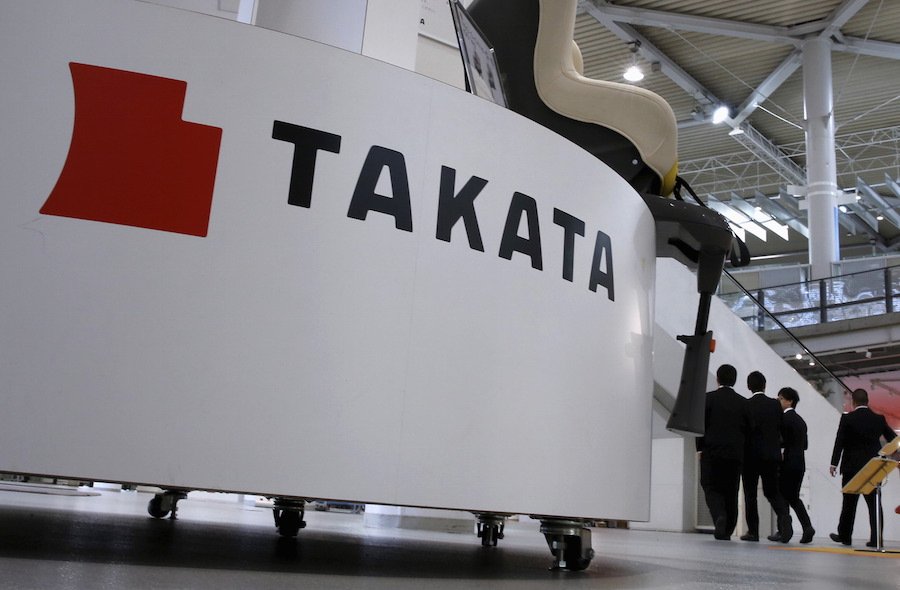Takata airbags were adopted in late 1990s to save a few dollars per vehicle

Takata's airbag modules were reportedly 30-percent cheaper than its competitors' offerings. GM approached Autoliv, which until that time had been its main airbag supplier, to see if it could offer a competitively priced alternative to Takata.
Autoliv tested Takata's airbag inflator and found that it was unsafe, according to scientists who worked for the supplier at the time. Chris Hock, who until recently still worked for Autoliv, said the inflator "turned it into shrapnel" when tested. GM was subsequently warned by Autoliv that Takata's ammonium nitrate inflators were potentially dangerous. Still, "General Motors told us they were going to buy Takata's inflaters unless we could make a cheaper one," said Linda Rink, who served as a senior scientist at Autoliv at the time.
A spokesperson for General Motors told The Times that it would be inappropriate to comment on discussions that "occurred two decades ago between Old GM and a supplier." So far, no Takata-supplied airbags have ruptured in an accident, and GM was far from the only automaker to make a switch to Takata airbags in order to save money. A total of 64 million airbags have so far been recalled from nearly every automaker selling vehicles in America. A spokesperson from Honda said in a statement to The Times that "There was no industry understanding in the late 1990s" that ammonium nitrate airbag inflators were risky. The majority of deaths linked to Takata airbags were in vehicles built by Honda.
Takata still produces airbag inflators that use an ammonium nitrate compound, despite the devices being blamed for at least 14 deaths. Click here for NHTSA's dedicated site on open Takata recalls.
Nouvelles connexes


